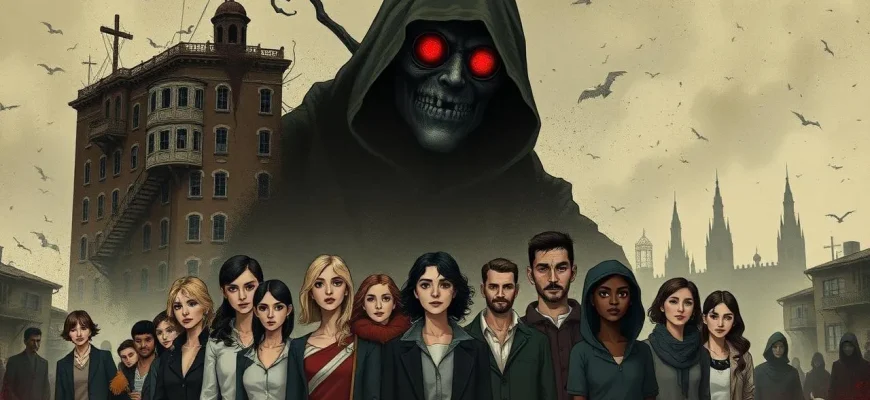This curated list of horror films delves into the unsettling themes of social inequality, using the genre's unique ability to reflect and critique societal issues. These films not only entertain but also provoke thought, making them valuable for viewers interested in exploring the darker aspects of class, race, and power dynamics through the lens of horror.
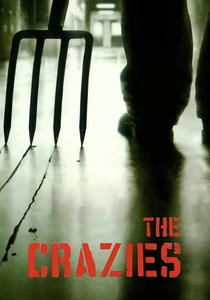
The Crazies (2010)
Description: A small town's population turns violent due to a biological weapon, highlighting how societal order can disintegrate, reflecting on themes of government control and class division.
Fact: This is a remake of George A. Romero's 1973 film of the same name, but with a larger budget and updated special effects.
 Watch Now
Watch Now
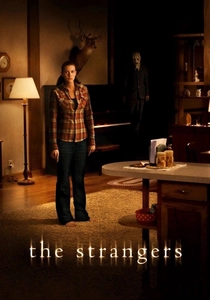
The Strangers (2008)
Description: While not overtly about social inequality, the film's premise of random violence against a couple in a secluded home can be seen as a metaphor for the vulnerability of the middle class to societal threats.
Fact: The film is loosely based on real-life events, including the Manson Family murders.
 Watch Now
Watch Now
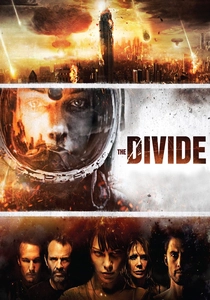
The Divide (2011)
Description: After a nuclear attack, survivors in a bunker face their own societal breakdown, showcasing how quickly social structures can collapse under extreme conditions.
Fact: The film was shot in a real bunker in Montreal, adding to its claustrophobic atmosphere.
 Watch Now
Watch Now
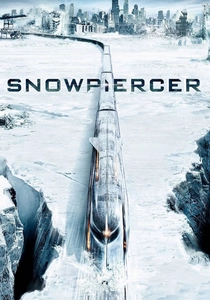
Snowpiercer (2013)
Description: In a frozen world, humanity survives on a perpetually moving train where class divisions are starkly enforced, with the poor at the back and the elite at the front.
Fact: The film was directed by Bong Joon-ho, who later won an Oscar for "Parasite," another film about class struggle.
 Watch Now
Watch Now
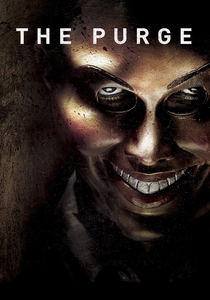
The Purge (2013)
Description: In a dystopian America, one night a year, all crime is legal, exposing the stark divide between the rich and the poor. The film uses this premise to explore how the wealthy can afford security while the less fortunate are left vulnerable.
Fact: The film was inspired by a Star Trek episode where a society purges its violent tendencies once a year. It was also the first in a franchise that has since expanded into several sequels.
 Watch Now
Watch Now
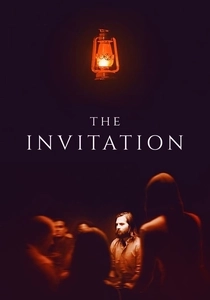
The Invitation (2015)
Description: This film explores the tension at a dinner party where the hosts' new cult-like beliefs clash with the guests' skepticism, reflecting on social isolation and the manipulation of the vulnerable.
Fact: The film was shot in just 20 days, with much of the action taking place in one location.
 Watch Now
Watch Now
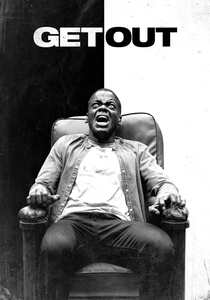
Get Out (2017)
Description: This film uses horror to explore racial tensions and the commodification of black bodies, as a young African-American man uncovers a sinister plot at his white girlfriend's family estate.
Fact: Jordan Peele, known for comedy, made his directorial debut with this film, which won an Academy Award for Best Original Screenplay.
 Watch Now
Watch Now
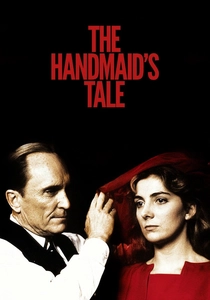
The Handmaid's Tale (1990)
Description: Based on Margaret Atwood's novel, this film portrays a dystopian society where fertile women are enslaved for reproductive purposes, highlighting extreme gender and class inequality.
Fact: The film was released before the TV series, but it's the series that brought widespread attention to the story.
 30 Days Free
30 Days Free
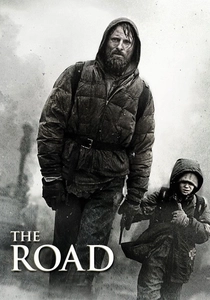
The Road (2009)
Description: This post-apocalyptic tale focuses on a father and son's journey through a world where societal structures have collapsed, emphasizing the survival of the fittest and the moral dilemmas of class disparity.
Fact: The film was shot in various locations to capture the desolate landscapes, including parts of Pennsylvania and Oregon.
 30 Days Free
30 Days Free
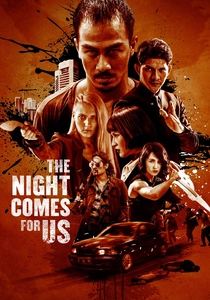
Us (2019)
Description: Jordan Peele's second film delves into the concept of the "other" within society, using doppelgängers to explore themes of class disparity and the American Dream.
Fact: The film uses the song "I Got 5 on It" by Luniz in a haunting way, which became a cultural phenomenon.
 30 Days Free
30 Days Free

